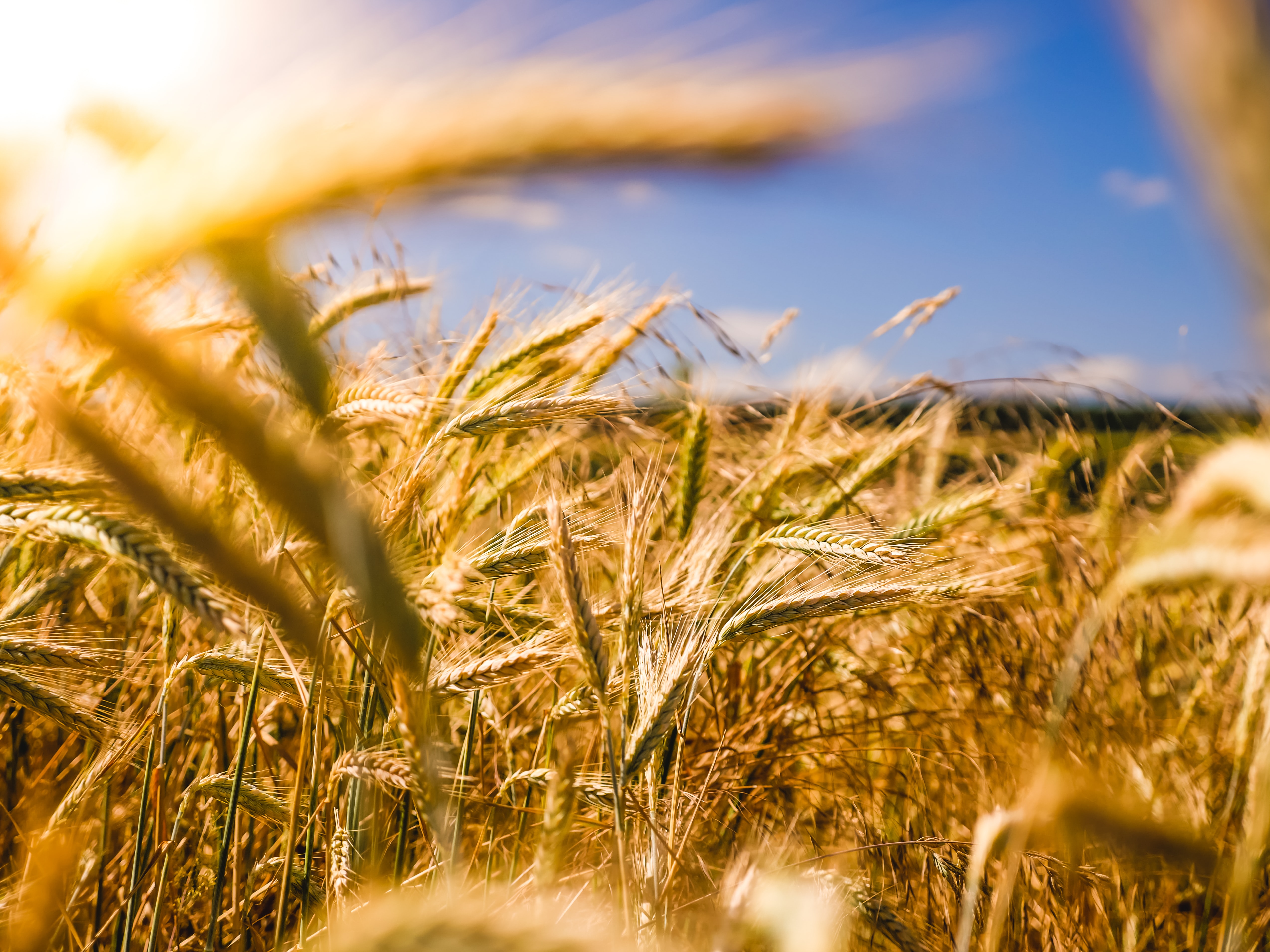When we walk into any big-name grocery store in the United States, we’re presented with aisle after aisle of every type of food product imaginable. From meats to fish to milk and cheese, cereal, peanut butter, jellies, and bread, it’s all there waiting for us in plastic packaging and packed with chemicals to preserve its shelf-life.
It’s convenient, no doubt. And it’s a lifestyle that many of us have grown accustomed to, to the point where we’re annoyed when we have to settle for a different brand or if an ingredient is out of stock.
As the era of supersized grocery stores evolved, they all but wiped out the Mom and Pop establishments of previous generations. But there is an argument to be made about the benefits of returning to the practice of buying small and buying local, particularly when it comes to food. If the recent pandemic taught us anything, it is that the food supply chain can be easily disrupted. And that’s a scary feeling.
Here are four other reasons to consider buying locally:
- It benefits the local economy and supports local families. Whether you’re buying from the butcher down the street or from the vegetable stand at the Saturday farmer’s market, your money is going directly to your fellow community members and building up your local economy.
- It reduces the environmental impact. According to Nature.com, transporting food products accounts for almost one-fifth of all carbon emissions within the food system. Buying locally and seasonally reduces the demand to truck in out-of-season produce from far distances.
- It’s healthier for you. Fresh foods are nearly always healthier as they don’t require the addition of chemicals to prolong their shelf-life. Once harvested, they are quick to lose nutrients, and the trip from the farm to the processing plant to the store to your table is a long one. Plus, they taste better because they’re picked at their peak!
- It helps preserve farmlands. You’ve seen the saying, “No Farms, No Food.” By supporting local farmers, you can help them continue to operate and provide for the community. More and more small farms are shutting down and selling to developers simply because they cannot afford to compete with big-time producers.
So, where do you start?
With any change, it’s best to start small. Maybe you can begin buying your produce from the roadside stand you pass every day? Instead of going to the meat counter at the supermarket, search the Yellow Pages or Google local butchers in your area. Farmer’s markets are great places to score fresh eggs. If you have a small, sunny spot outdoors, you only need a five-gallon bucket and some dirt, and you can grow your own delicious tomatoes. Now, that’s local!
At the end of the day, every little bit helps. And if each of us would do our own small part, we could see a big difference in the world as a whole.
Do you shop locally? Do you have any tricks or tips to share? What challenges have you faced that make shopping locally more difficult? Please share in the comments below.

